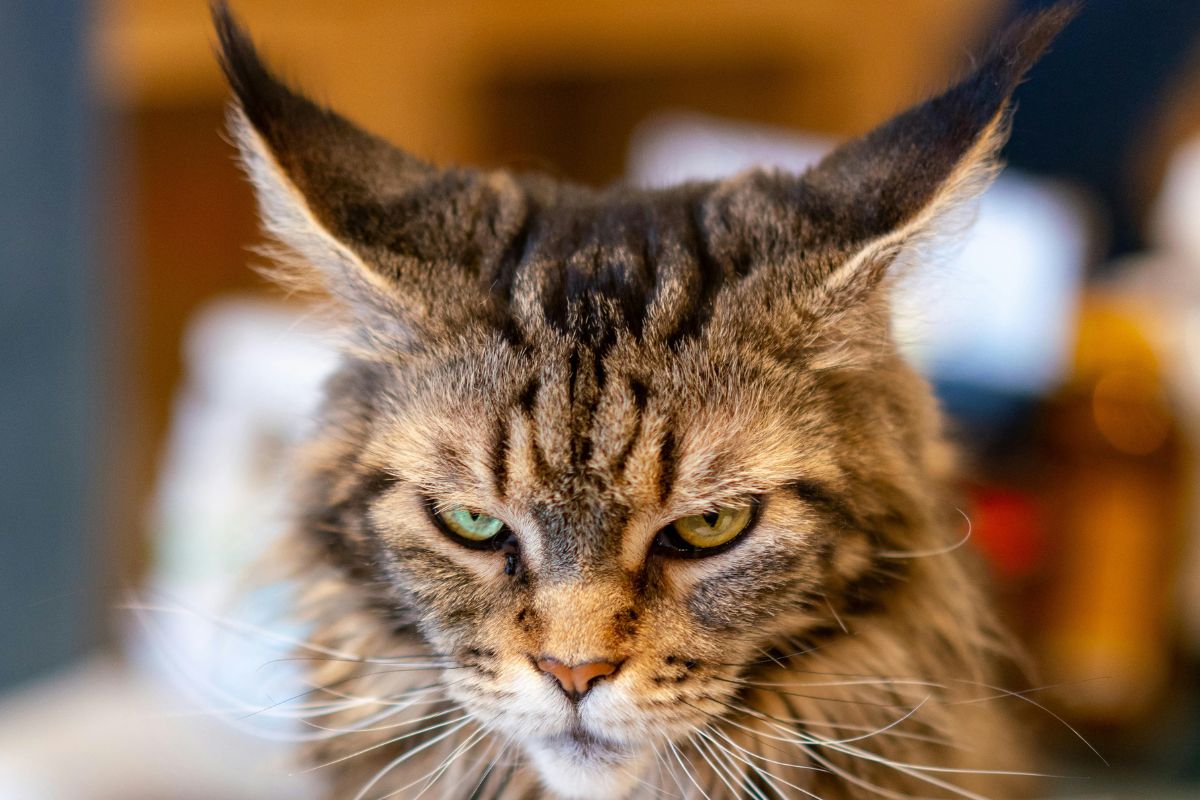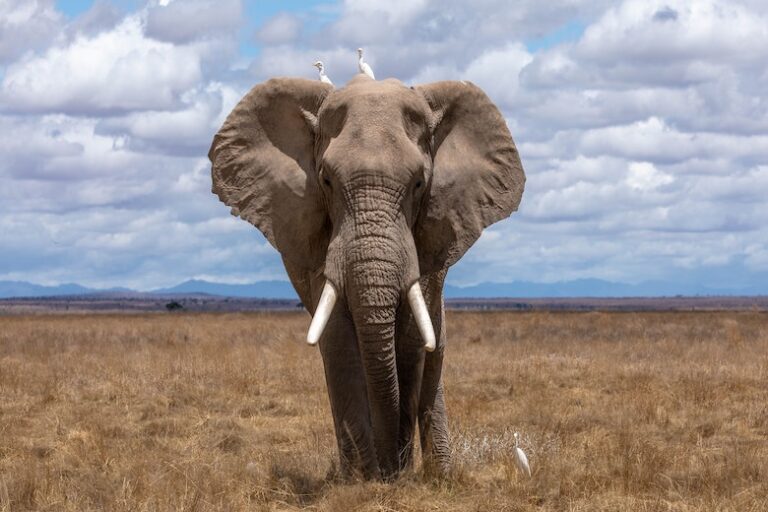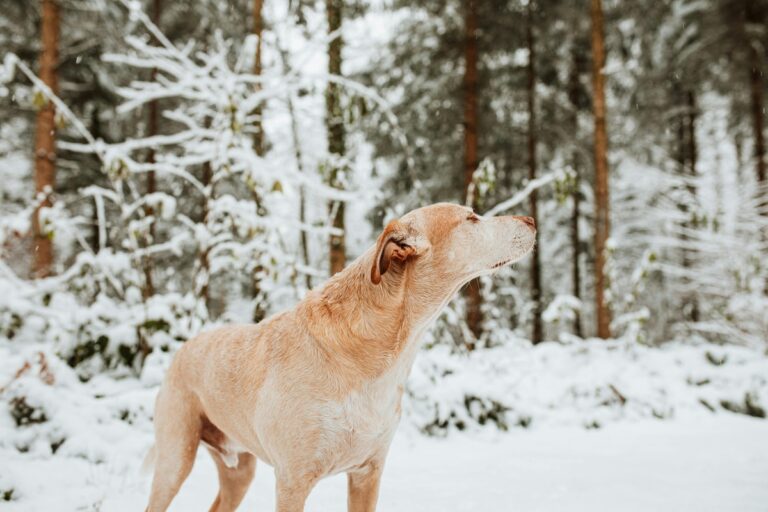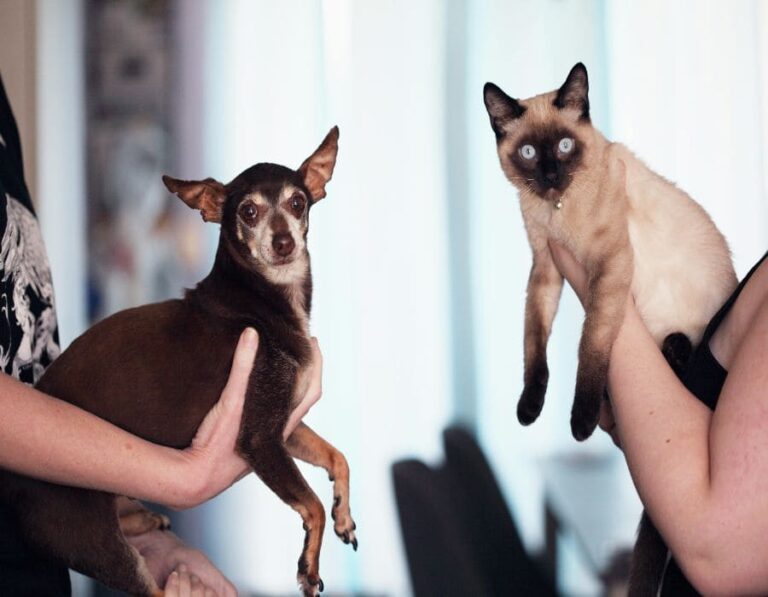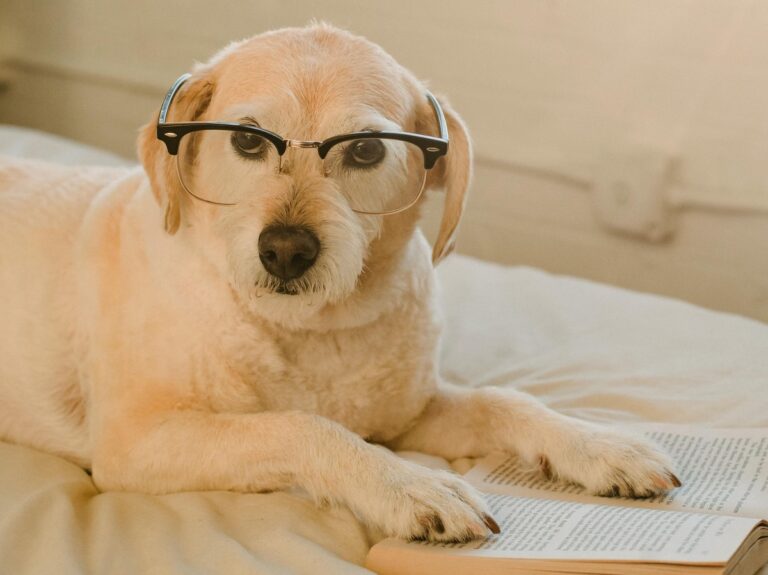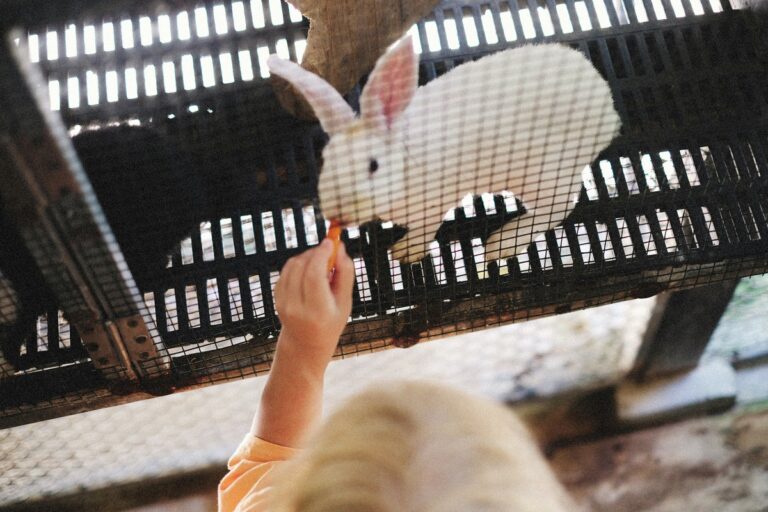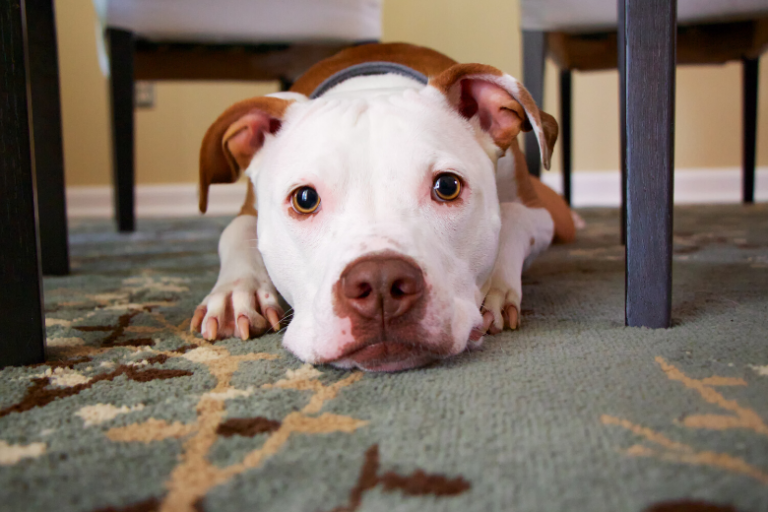14 Reasons Not to Get a Maine Coon
Maine Coons are often considered the “gentle giants” of the cat world, known for their luxurious coats, playful personalities, and affectionate nature. However, despite their many lovable traits, they are not the right fit for every cat owner. Before bringing a Maine Coon into your home, consider these 14 reasons why this breed may not be the best choice for you.
1. They Are Huge
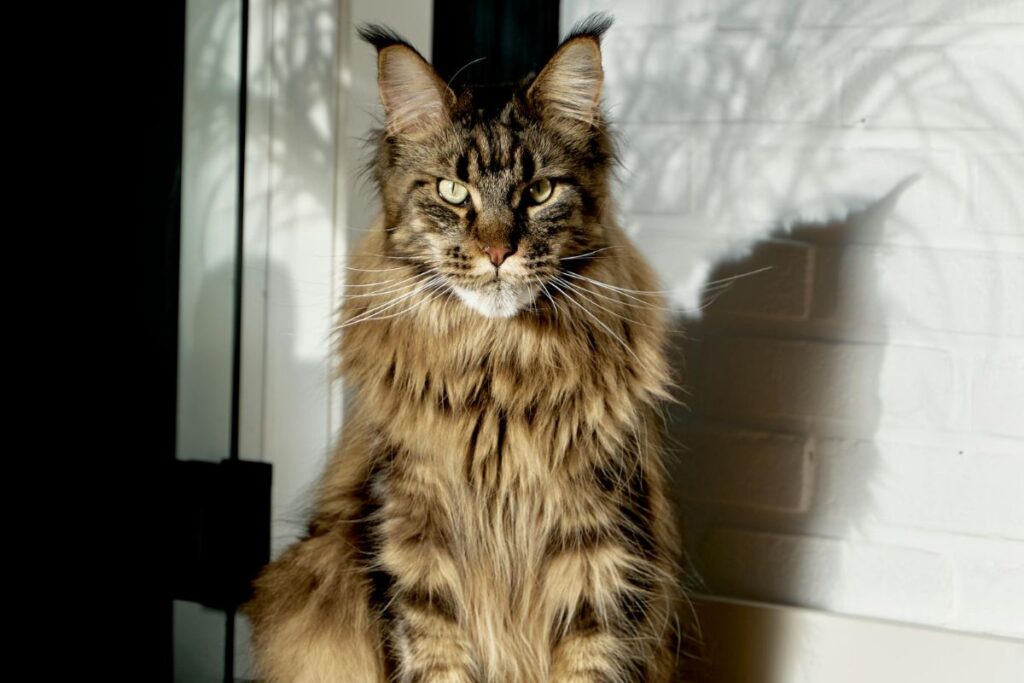
Maine Coons are one of the largest domesticated cat breeds, with males often weighing between 15–25 pounds (or more). Their size requires more space, larger litter boxes, and bigger furniture to accommodate them comfortably.
Why It’s a Problem: If you live in a small apartment or don’t have space for a large cat, a Maine Coon may feel cramped and uncomfortable.
2. They Need Constant Grooming
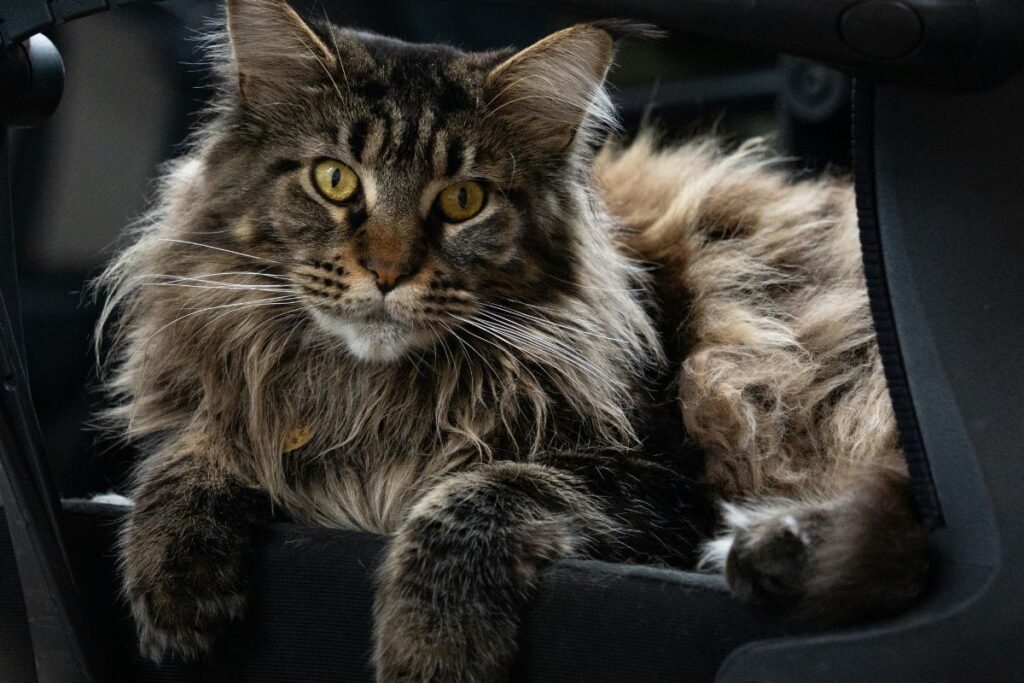
Their thick, luxurious fur may be beautiful, but it requires regular maintenance. Without frequent brushing, their long coats can become matted, leading to painful tangles and skin issues.
Why It’s a Problem: If you don’t have time for daily brushing or professional grooming, their coat can quickly become a mess.
3. They Are Expensive
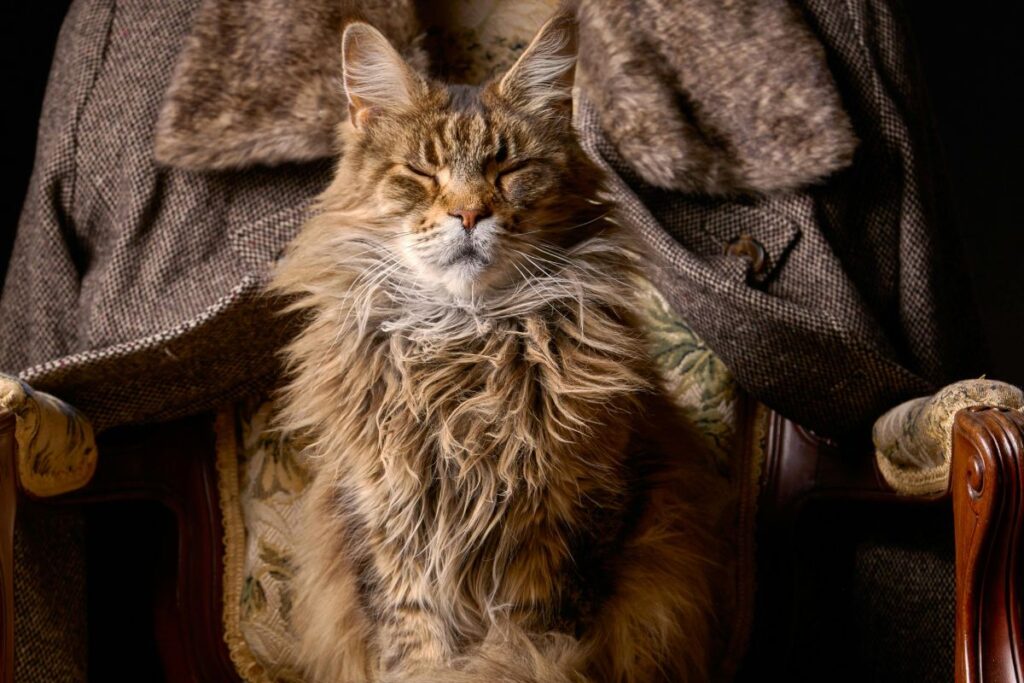
Maine Coons from reputable breeders can cost anywhere from $1,000 to $3,000. In addition, their large size means they eat more food, require bigger litter boxes, and may have higher vet bills.
Why It’s a Problem: If you’re on a budget, the cost of owning a Maine Coon may be more than you expected.
4. They Are Prone to Health Issues
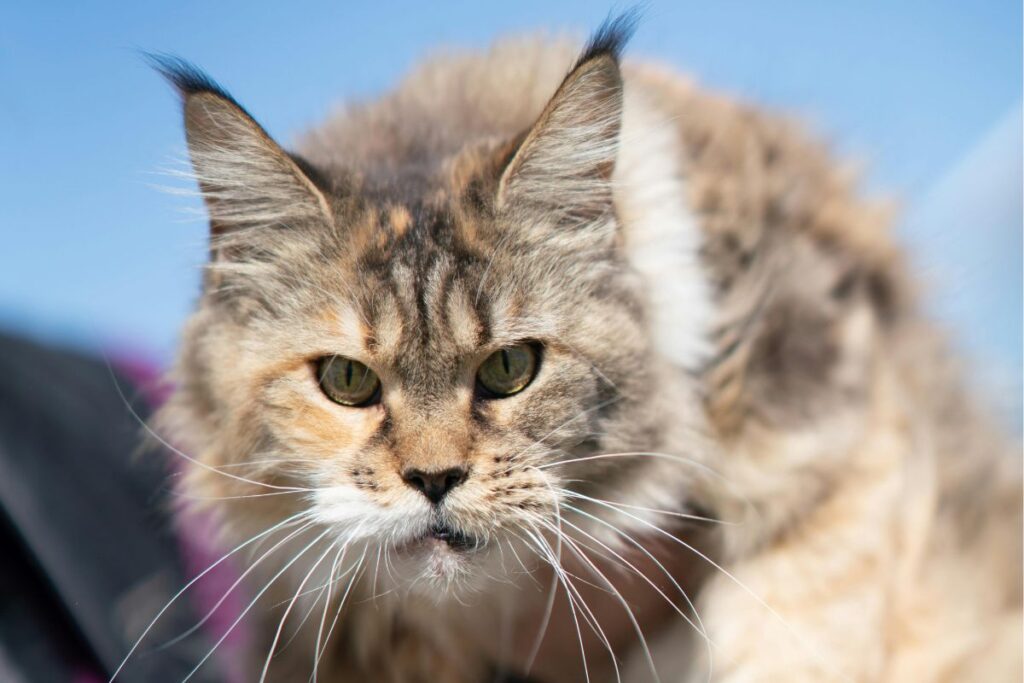
Maine Coons are genetically predisposed to certain health problems, including hypertrophic cardiomyopathy (HCM), hip dysplasia, and spinal muscular atrophy. Regular vet checkups are crucial.
Why It’s a Problem: Vet bills can add up quickly, and potential long-term medical care may be needed.
5. They Are Loud and Talkative
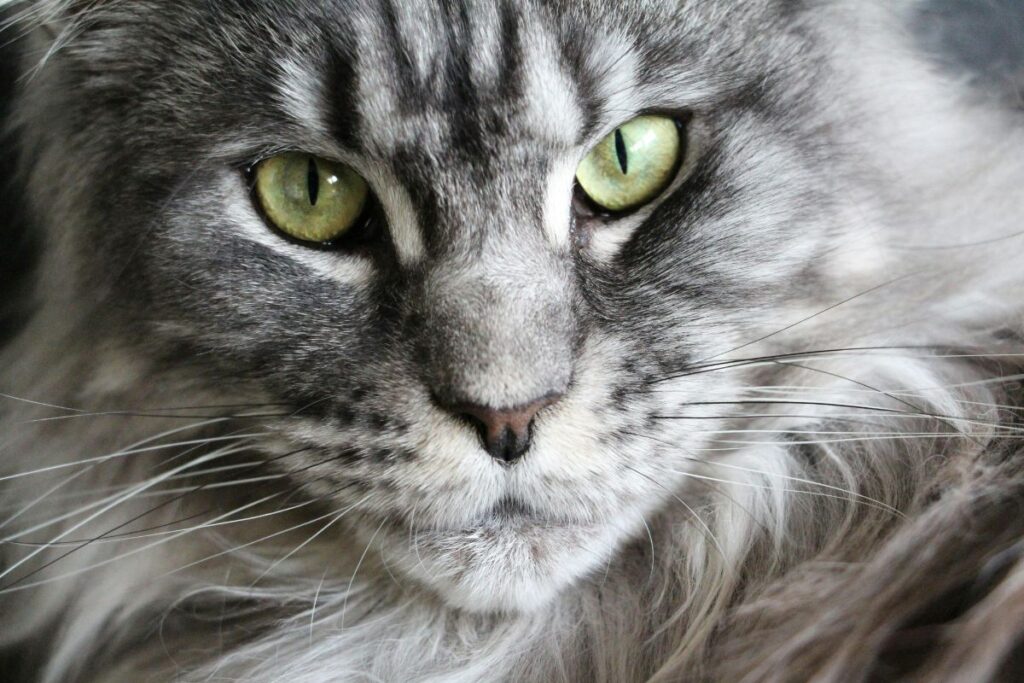
Maine Coons love to communicate with their owners using chirps, trills, and meows. They will often “talk” to you throughout the day, demanding attention, food, or just chatting for fun.
Why It’s a Problem: If you prefer a quiet cat, a Maine Coon’s constant vocalizations might be too much for you.
6. They Have Tons of Energy
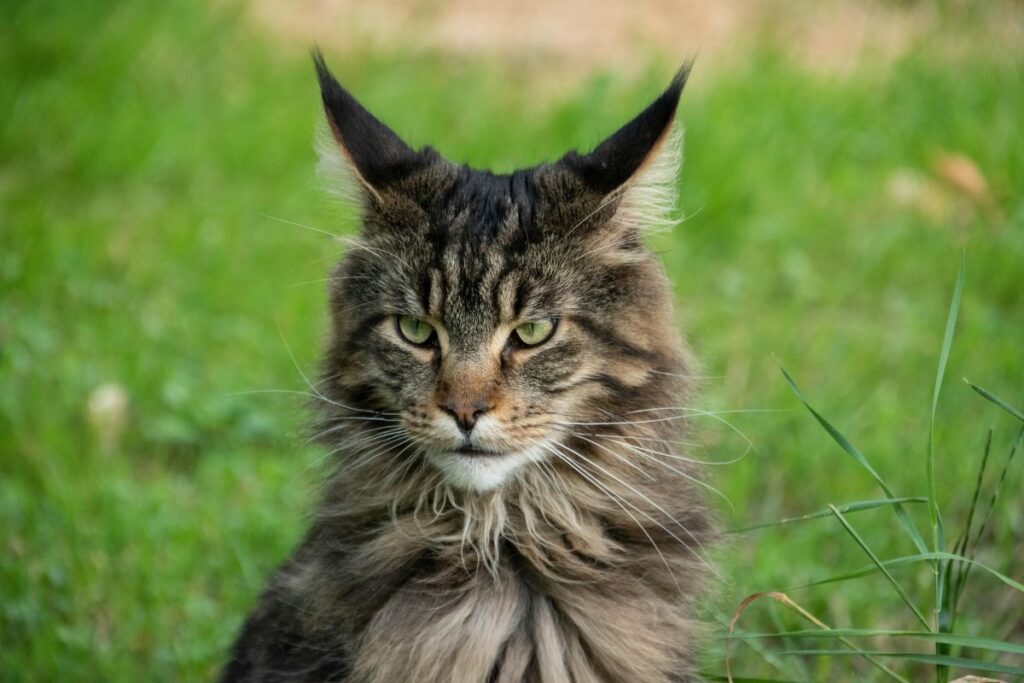
Unlike many other large cat breeds, Maine Coons remain playful well into adulthood. They need mental stimulation, climbing trees, interactive toys, and regular play sessions to stay happy.
Why It’s a Problem: If you’re looking for a low-maintenance lap cat, you might find a Maine Coon’s energy overwhelming.
7. They Need a Lot of Space
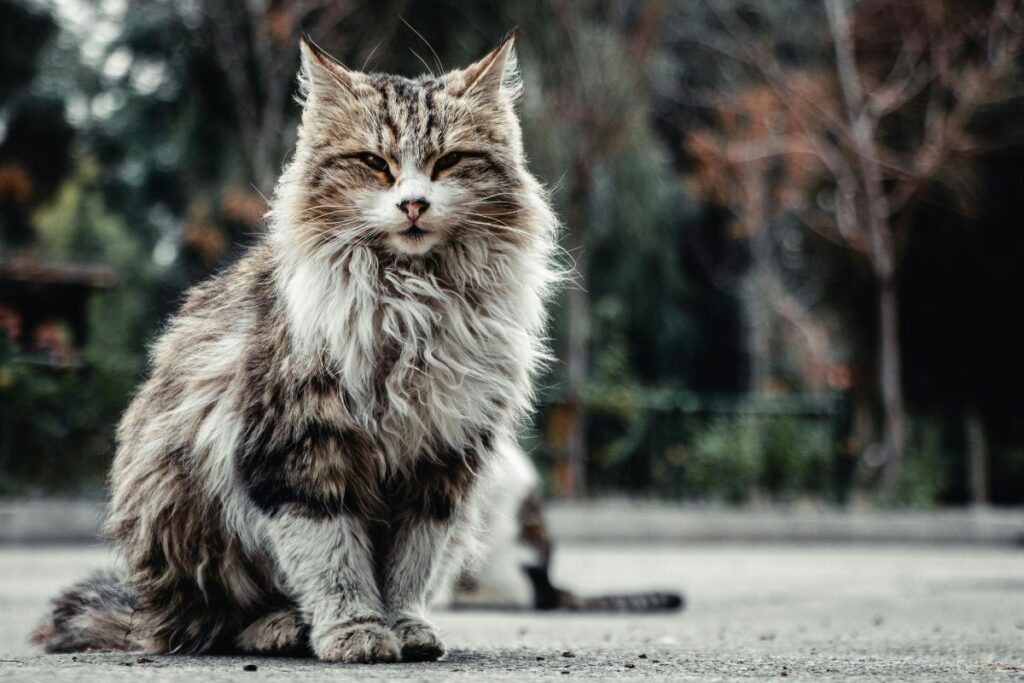
Maine Coons are active climbers and need vertical space to explore. They do best in homes with large cat trees, shelves, or outdoor enclosures.
Why It’s a Problem: If you don’t have room for a cat tree or an active setup, your Maine Coon may become bored or destructive.
8. They Shed—A Lot
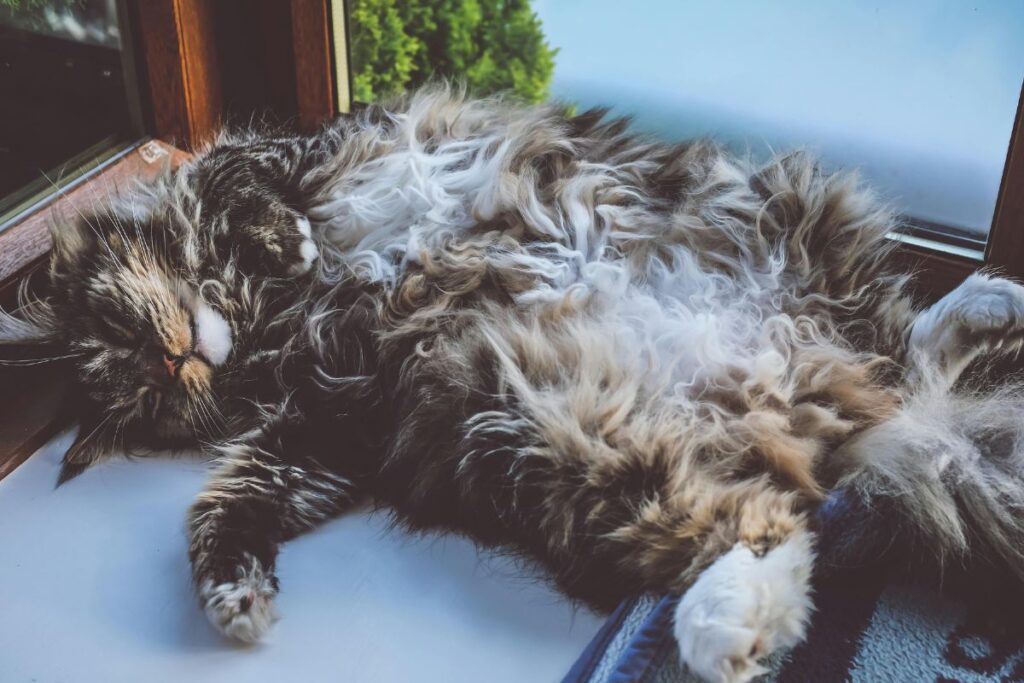
Despite having a silky coat that doesn’t mat as easily as other long-haired breeds, Maine Coons still shed constantly. Their fur can end up on furniture, clothes, and in every corner of your home.
Why It’s a Problem: If you don’t like vacuuming or lint rolling daily, a Maine Coon might drive you crazy.
9. They Can Be Stubborn
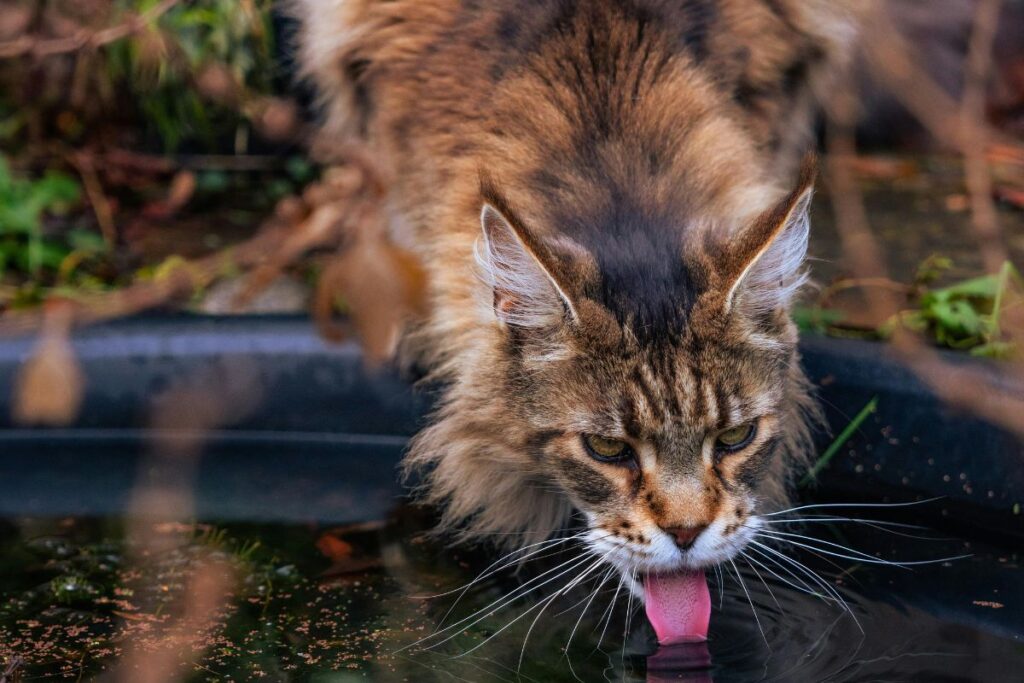
Maine Coons are intelligent, but that intelligence comes with a strong independent streak. They may ignore commands, refuse to do something they don’t want to, or train their owners instead of the other way around.
Why It’s a Problem: If you expect an obedient pet, a Maine Coon might frustrate you with their selective listening skills.
10. They Can Be Clingy
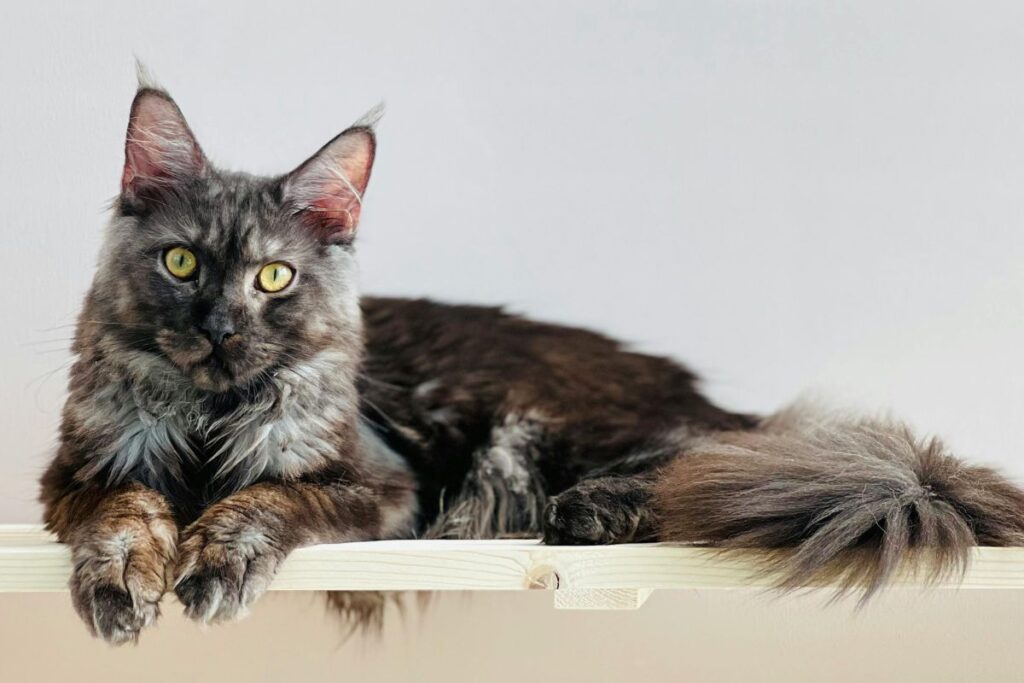
Maine Coons are highly affectionate and thrive on human interaction. While this makes them great companions, it also means they don’t like being left alone for long periods.
Why It’s a Problem: If you work long hours or travel frequently, your Maine Coon may develop separation anxiety.
11. They Have Strong Hunting Instincts
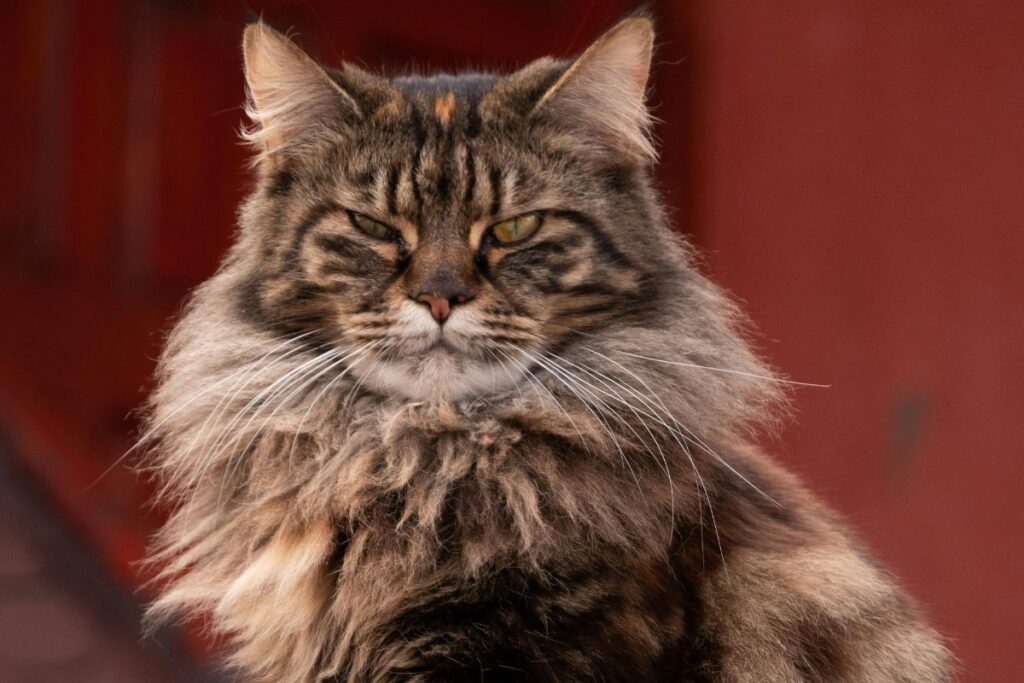
Maine Coons were originally bred as working cats for hunting rodents, and that instinct remains strong. They will chase anything that moves, including smaller pets like birds, fish, and hamsters.
Why It’s a Problem: If you have small pets, a Maine Coon’s natural hunting instincts might put them at risk.
12. They Are Mischievous and Curious
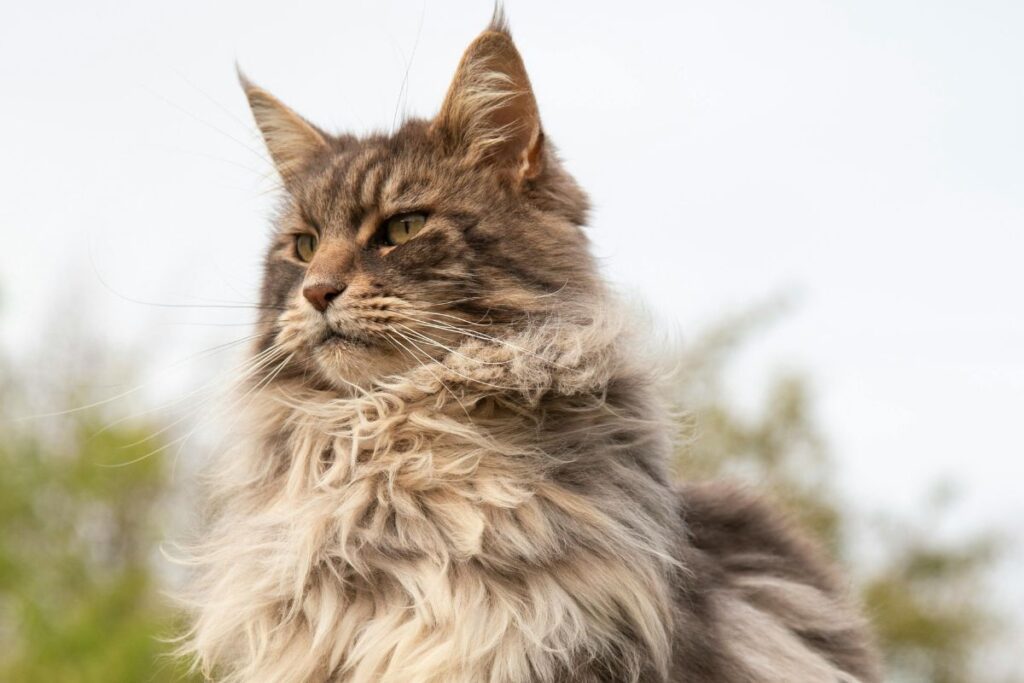
Maine Coons love to explore, open cabinets, knock things over, and investigate every part of their home. If something interests them, they will find a way to get to it.
Why It’s a Problem: If you don’t want a cat that gets into everything, a Maine Coon might test your patience.
13. They Can Be Prone to Obesity
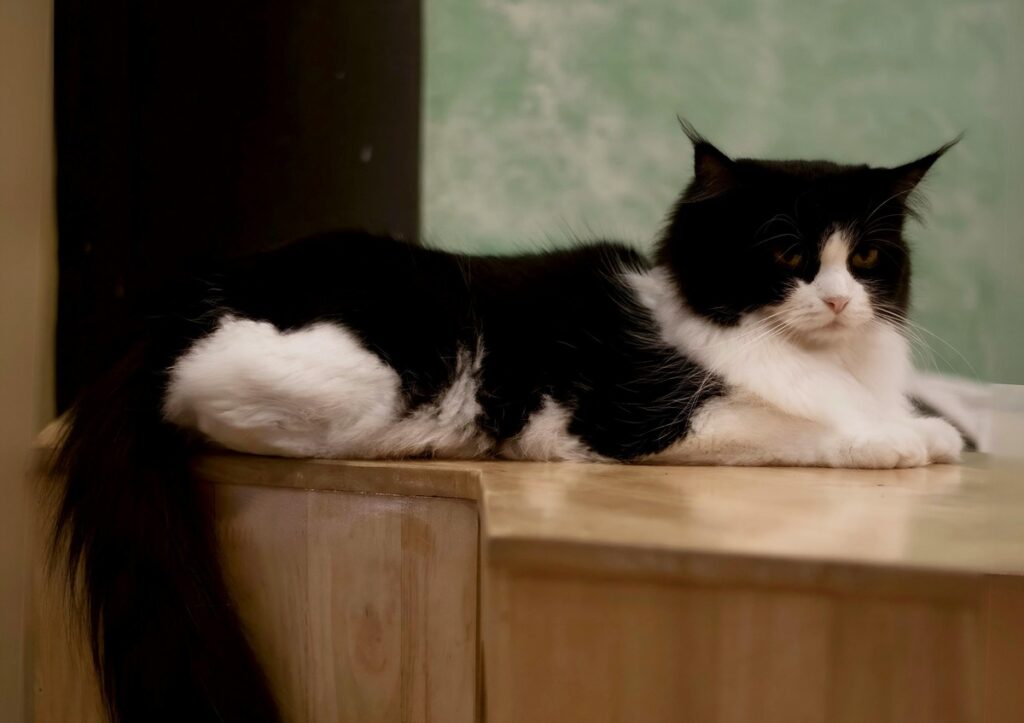
Maine Coons, due to their love of food and low energy during certain parts of the day, are prone to gaining weight. Without proper portion control and regular exercise, they can become overweight, which can exacerbate their health issues.
Why It’s a Problem: If you’re not diligent about their diet and exercise routine, they could develop obesity-related health issues, including joint problems and heart disease.
14. They Are Not Always Good With Small Children or Other Pets
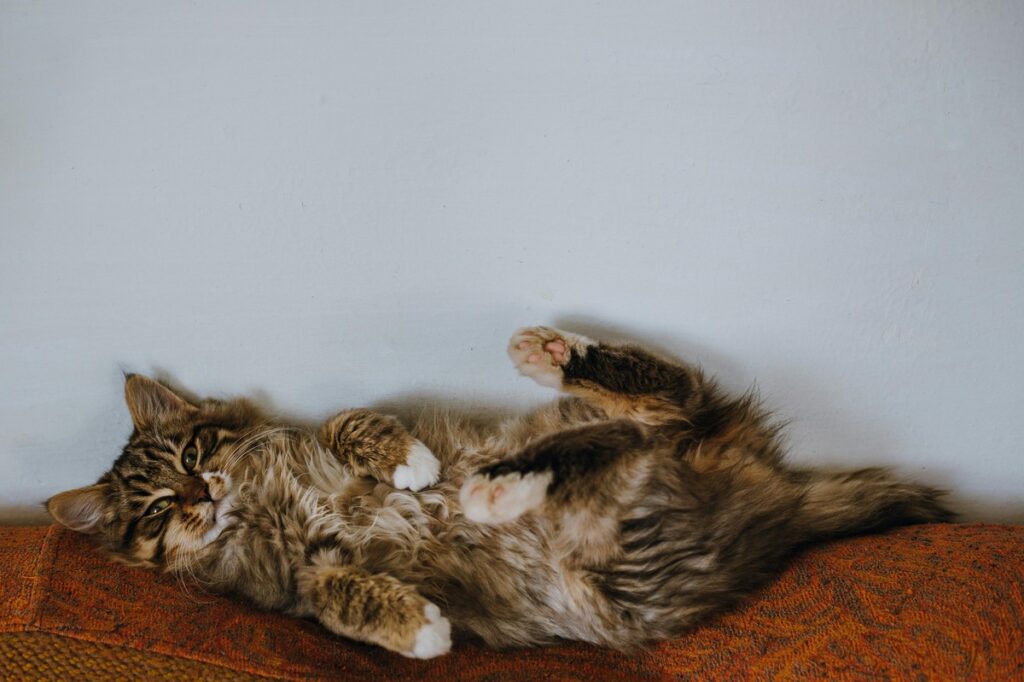
While Maine Coons are generally friendly, their large size and playful nature can sometimes be overwhelming for small children or other pets. They may unintentionally cause harm simply due to their size or excitement.
Why It’s a Problem: If you have small children or pets at home, you need to ensure that both parties can coexist peacefully and that your Maine Coon’s playfulness doesn’t get out of hand.
Final Thoughts
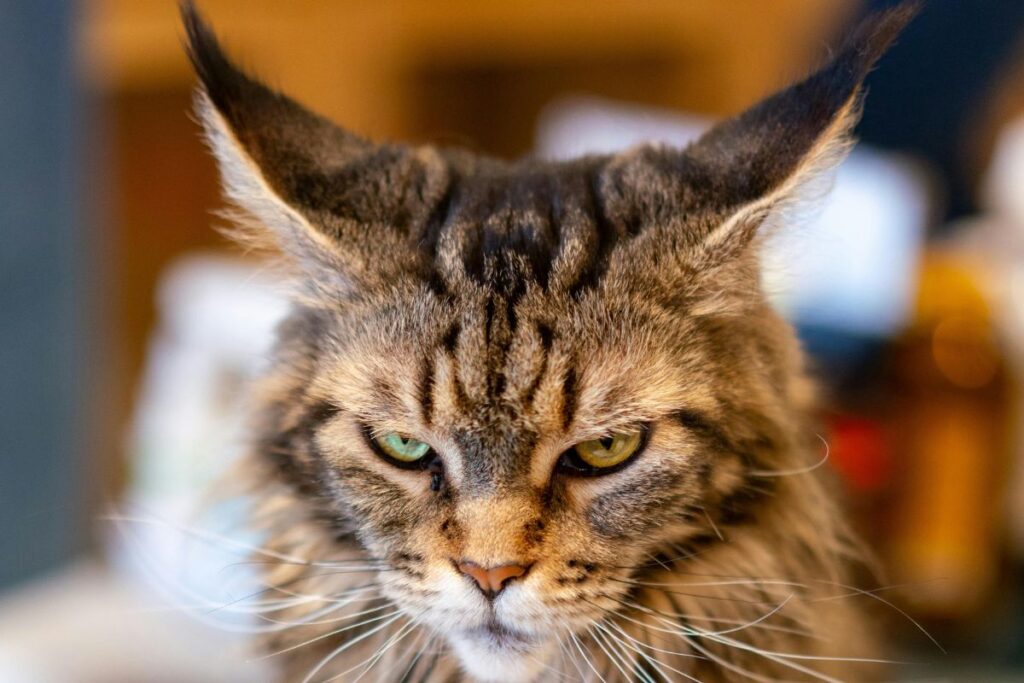
Maine Coons are intelligent, affectionate, and full of personality, but they are not for everyone. Their size, energy levels, and grooming needs require a committed owner. If you’re looking for a low-maintenance, quiet, or small cat, a Maine Coon might not be the right choice. However, for those who can handle their needs, they make incredible companions!

